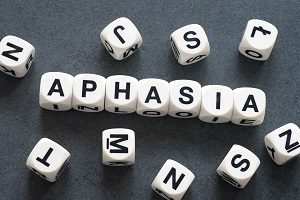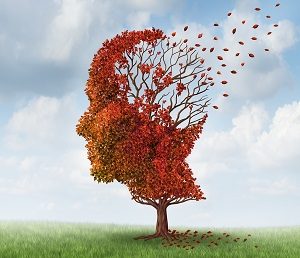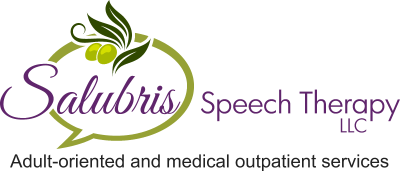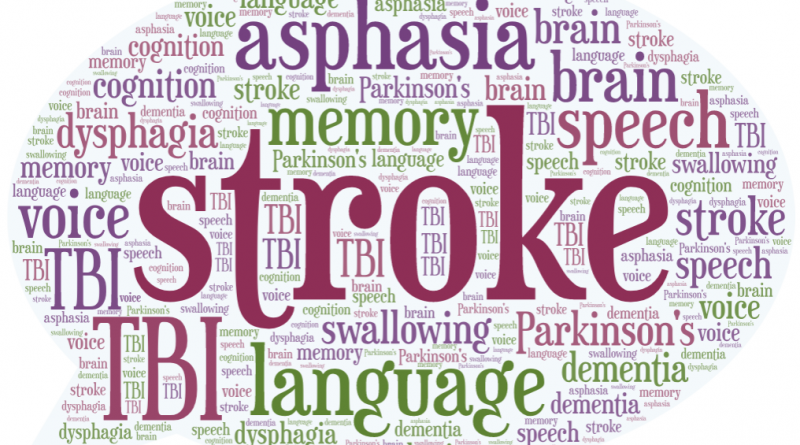We offer adult speech therapy services for the following: 
Accent Reduction, a systematic approach for learning the sound system (or phonology) of the English language under the care of a certified speech-language pathologist. Learn to speak the English language with an improved native accent for better communication with colleagues, clients, students, etc.
Aphasia, a language impairment caused by injury to the brain affecting the production or comprehension of speech and/or the ability to read or write, most-often resulting from stroke. Therapy targets all aspects of language, as necessary (e.g., listening comprehension, speaking, reading, writing) based upon the Life Participation Approach to Aphasia treatment model.
Apraxia, a motor speech disorder in which messages from the brain to the mouth are disrupted, whereby sound movements are incorrect though the muscles are not weak. Therapy targets motor planning and sequencing within a hierarchy of cues to work toward independent speech production.
Dementia or Alzheimer’s disease in which cognition declines over a period of time, affecting memory, reasoning skills, personality, balance and/or swallowing, among other possible issues. There are seven typical stages of dementia, and a speech therapist treats the individual while providing family education to maximize independence and communication skills for improved quality of life, no matter which stage. 
Dysarthria in which the speech musculature is weakened, often as a result of stroke or other brain injury. This muscle weakness then negatively affects speech clarity. Speech therapy includes strengthening of the involved muscles for improved and intelligible speech.
Laryngectomy, surgical removal of some or all of the voice box affecting speech production, loudness, and/or swallow function. Speech therapy includes treatment in voice and/or alternative means of communication.
Parkinson’s disease, presenting with slurred speech (dysarthria) due to the rigidity, slowness, and incoordination of muscle movement. Speech therapy includes treatment in voice, respiration, and speech intelligibility through the gold standard LSVT LOUD® treatment protocol originally designed for the effective treatment of voice in Parkinson’s disease provided by a certified speech-language pathologist. Click here for more information on LSVT LOUD®. We now offer LSVT eLOUD®!

Tracheostomy, an opening in the neck that allows air to enter the lungs. Speech therapy includes facilitation or regaining of speech and/or instruction in the use of augmentative and alternative communication methods as well as respiratory strengthening.
Traumatic brain injury (TBI), injury to the brain from an outside force, like from a fall or automobile accident in which there is a blow to the head. TBI impacts cognitive (brain) function which, in turn, can cause a disruption in one’s ability to perform work-related activities and/or daily life activities. Rehabilitation targets each affected domain of cognitive functioning to improve performance and quality of life.
Swallowing dysfunction (dysphagia), due to disordered nerve or muscle control, resulting in difficulty eating and/or drinking with increased an risk of choking and/or aspiration pneumonia. Therapy includes rehabilitation of swallow musculature and/or education on compensations that reduce the risk of choking, coughing, or throat clearing during meals. Rehabilitation includes traditional swallow exercises and the option for VitalStim® Therapy by a certified clinician.
Voice dysfunction (dysphonia) resulting from conditions such as vocal nodules and polyps, vocal paralysis, spasmodic dysphonia, and paradoxical vocal fold movement. Therapy includes voice exercises based upon the cause/condition once cleared by an ENT physician.

